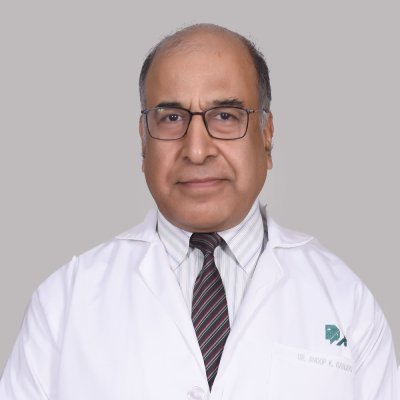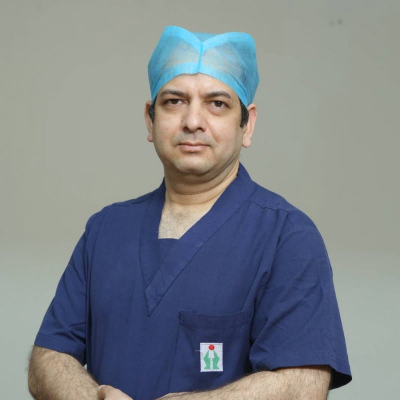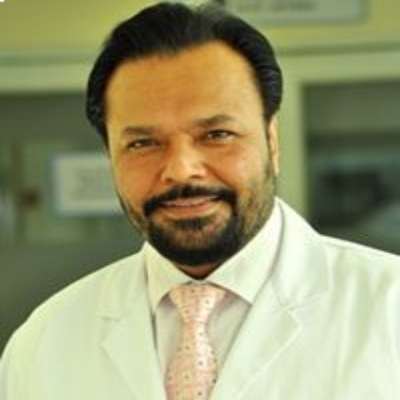Treatment and Cost
25
Total Days in Country
10
Total Days in Hospital
$5500
Treatment cost starts from
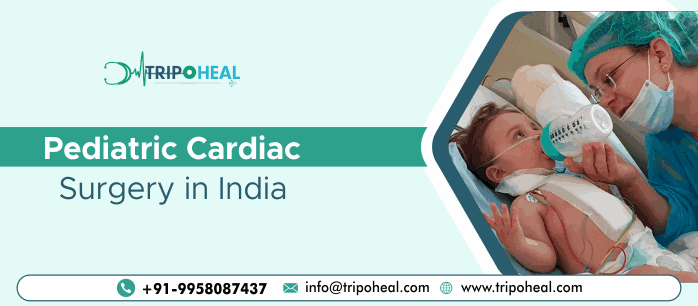
Congenital Heart Disease Treatment in India
The heart is the foremost vital organ in the human anatomy. Its proper functioning is imperative for healthy living. However, due to our stressful life coupled with other natural causes, we are at risk of several heart diseases. Some of the common heart-related ailments are:
- Unstable angina.
- Arrhythmia (abnormal heart rhythms).
- Aortic Stenosis (valve disorder).
- High blood pressure.
- Congenital heart conditions.
- Inherited heart conditions.
What Is Congenital Heart Disease?
Congenital heart disease is generally associated with a heart issue from birth. The problem can affect the heart walls and valves, and blood vessels. There are a number of variants of congenital heart disease in India that range from minor to severe conditions. Some of them can even lead to untimely fatality.
Congenital heart diseases affecting children
Given that it's a condition that’s usually present from birth, children are mainly affected by this disease. Improvement in medical care has mostly ensured that they survive till adulthood with regular medications and check-ups. Different types of congenital heart diseases in children (CHDs.) are listed below. The highlighted ones are considered critical.
- Coarctation of the Aorta.
- Double-outlet Right Ventricle.
- d-Transposition of the Great Arteries.
- Abstain Anomaly.
- Hypoplastic Left Heart Syndrome.
- Interrupted Aortic Arch.
- Pulmonary Atresia.
- Atrial Septal Defect.
- Atrioventricular Septal Defect.
What do CHDs affect the most?
Though there are many different types of congenital heart defects, as mentioned above, they broadly show the following conditions:
- If it affects the heart valves, then the valves may close or start leaking blood, thus impacting the blood flow.
- In heart wall defects, the walls that exist between the left and right sides and the upper and lower chambers of the heart may not grow properly. This can lead to the blood blocking up inside the heart or in unwanted places. The condition can trigger high blood pressure.
- Once the blood vessels are affected, the arteries and veins start malfunctioning. As a result, the in-flow and outflow of blood from the heart to the body gets hampered. This can lead to serious health issues in the future.
Cyanotic and A cyanotic Congenital Heart Disease in India
In cyanotic congenital heart disease, the oxygen levels in the blood go down. While in a cyanotic congenital heart disease, this doesn't happen. Babies suffering from reduced oxygen levels may experience breathlessness, and their skin color can turn bluish. A cyanotic babies may not have oxygen-related issues but may develop other complications from CHD.
Causes of Congenital Heart Disease
Doctors have not yet been able to pinpoint the exact reasons why some children are born with CHDs. It can occur due to early developmental issues in the heart’s structure. This condition typically hinders the regular flow of blood through the heart, which may eventually create breathing problems. Some of the probable causes include the following:
- Heart problems could be hereditary.
- Certain prescribed medicines given to the mother during pregnancy can put a child at a higher risk for heart disease.
- Alcohol abuse or taking harmful drugs, or smoking during pregnancy can jeopardize a child's heart while still in the womb.
- Mothers who catch a viral infection during the first trimester of pregnancy run the risk of delivering a child with a defective heart.
- Mothers with type 1 or type 2 diabetes might affect the development of the child's heart.
Symptoms of Congenital Heart Disease Quite often, congenital heart disease is detected during a pregnancy USG. If any abnormality is observed, then the doctor might proceed with other medical investigations like an echocardiogram, a chest X-ray, or an MRI scan. If a defect is diagnosed, then your doctor will ensure that suitable medical help is available during delivery. In certain cases, the symptoms of a congenital heart start manifesting after birth. Newborns babies with CHDs may experience:
- Breathlessness or difficulties in breathing.
- Bluish tinge on the lips, skin, fingers, and toes.
- Difficulties in feeding.
- Abnormally low birth weight.
- Chest pain.
- Slow growth.
In other cases, the symptoms start revealing themselves several years after birth. Some of the delayed symptoms include:
- Arrhythmia or irregular heartbeat.
- Dizziness or fainting.
- Labored breathing.
- Swelling
- Tiredness from moderate physical.
- Blue-tinted nails or lips.
- Fast or troubled breathing.
- Tiredness when feeding.
Treatments for Congenital Heart Disease
The remedial measures for congenital heart defects are subject to the type and the condition of the patient at the time of detection. For serious cases, doctors may suggest any of the following treatments:
Medications
Your doctor may prescribe suitable medicines to regulate the functioning of the heart. Most medications help prevent blood clotting and heart palpitations.
Implantable Heart Devices
Late detection or irregular treatment may lead to complications that require surgical measures. In such conditions, the doctor may recommend the installation of devices like a pacemaker or implantable cardioverter defibrillators (ICDs). A pacemaker is usually sufficient to regularize the heartbeat. While in more complicated cases, an ICD might be required to correct severely irregular heartbeats.
Catheter Procedures: ASD and VSD Device Closure
Catheterization/ ASD and VSD Device Closure is a technique that can cure several types of congenital heart defects without making an incision in the chest or the heart. The cardiologist inserts a thin tube into a vein present in the leg and guides it toward the heart. Once the tube is in the appropriate position, the doctor employs small tools to operate the ASD and VSD.
Open-Heart Surgery:
Some cases may not be fixed by the catheter procedure. In such cases, the doctor is compelled to resort to open-heart surgery. The procedure is implemented to seal holes in the heart (like the ASD and VSD), to repair heart valves, or broaden the shrunk blood vessels that impede the blood flow from the heart.
Heart Transplant:
This is, in most cases, the last resort that the doctors fall back upon. When the heart's condition deteriorates to a level where doctors can’t restore it, then doctors seek to replace it with a healthier heart from a donor. Early detection and regular medical care can take care of Congenital Heart Disease in India. Connect to Tripo Heal for a consultation today!
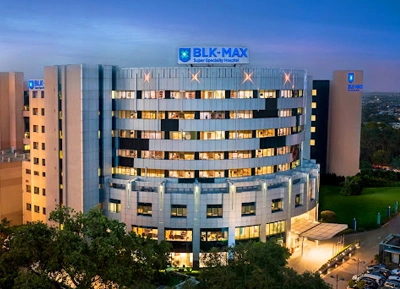
BLK MAX Super Speciality Hospital
Pusa Road, Radha Soami Satsang,, Rajendra Nagar , New Delhi, India
Total capacity of
650 beds
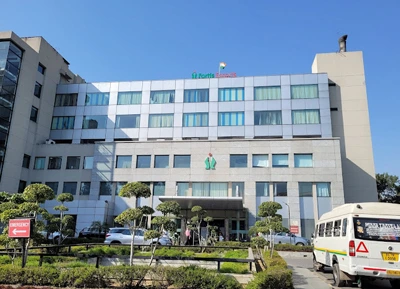
Fortis Escorts Heart Institute
Okhla Road , New Delhi, India, 110025
Total capacity of
285 beds
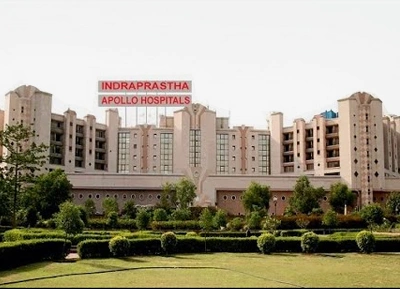
Indraprastha Apollo Hospital Delhi
Sarita Vihar, Delhi-Mathura Road , New Delhi, India, 110076
Total capacity of
1000 beds
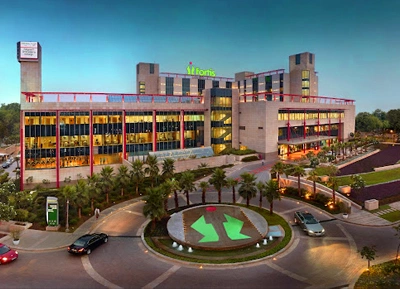
Fortis Memorial Research Institute
Sector - 44, Opposite HUDA City Centre , Gurgaon, HR, India, 122002
Total capacity of
300 beds
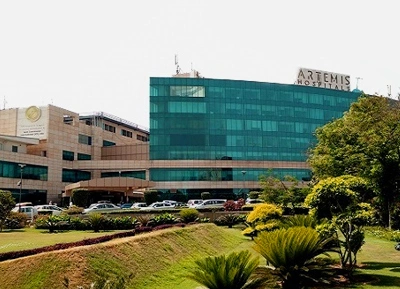
Artemis Hospital
Sector 51, Gurugram, Bindapur, Haryana 122001
Total capacity of
750 beds
Doctors Related to Treatment
Please Enquiry

Need Help?
Lorem ipsum dolor sit amet consectetur adipisicing elit. Eligendi veniam sunt facilis est perferendis quia?


